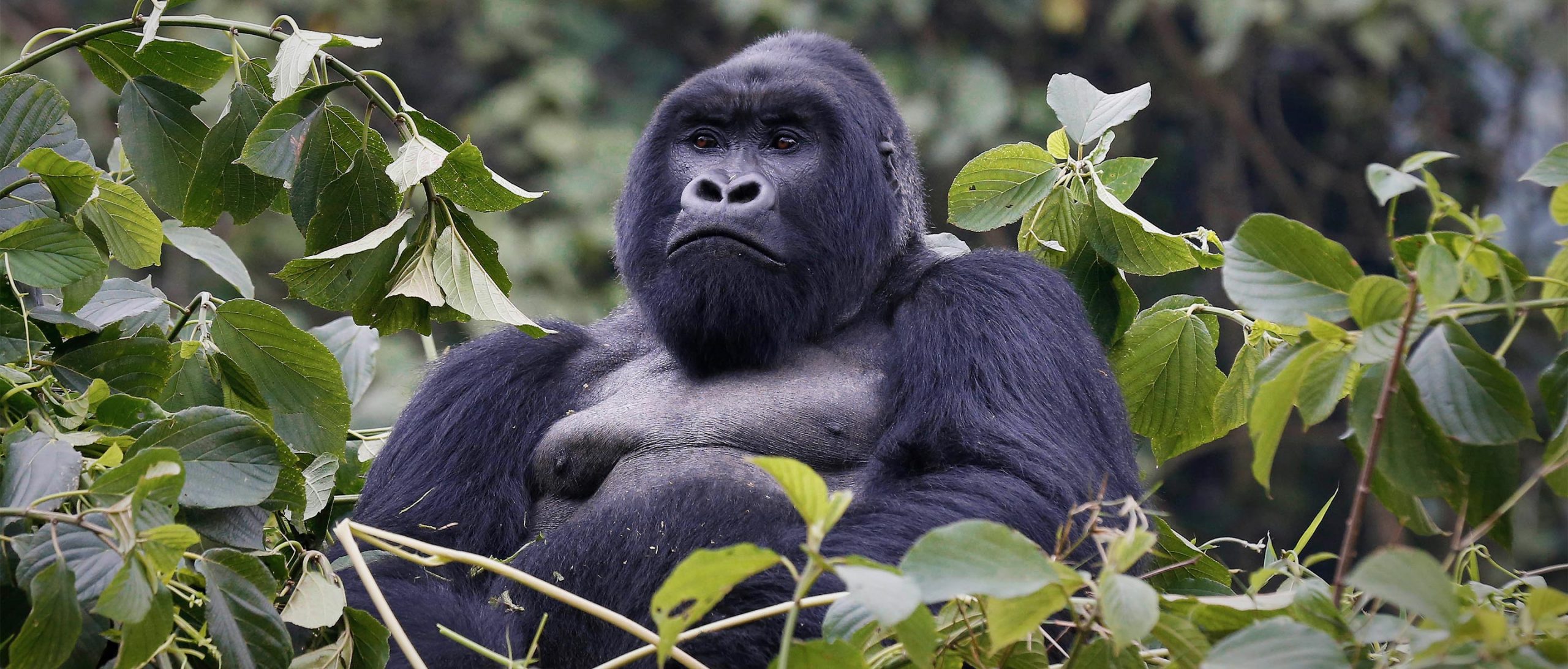A wildlife trafficking ring was recently busted in Zimbabwe where 26 great apes that disappeared from the Democratic of Congo were found.
For suspected traffickers were also arrested following the bust as both governments resolve to repatriate the apes back to their motherland.
Among the suspects were two Congolese nationals, a Malawian and Zambian who had a truck loaded with the apes. They were attempting to cross the Zimbabwean border.
In DRC, wildlife trafficking and trophy hunting is rampant which threatens the population of wildlife.
The great apes are an endangered species and DRC is the last country in the world hosting the primates among lowland gorillas and mountain gorillas too which are a threatened species.
DRC’s Environment Minister Claude Nyamugabi Bazibuhe recently said that the authorities confiscated a large consignment of pangolin scales in the northeastern part of DRC, an indication that the trade has reached toxic levels.
Pangolin scales fetch good prices in China because traditional Chinese medicine is heavily reliant on them.
According to the International Union for Conservation of Nature, pangolins are the most trafficked mammal in the world with more than a million of them being trafficked in the last 10 years ending in 2014.
Besides treating a variety of medicine in traditional Chinese medicine, believably, pangolins are a luxurious delicacy in Vietnam and some parts of China too.
In other parts, pangolin scales are used in the fashion industry.
DRC has a huge market for bushmeat which is associated with illegal wildlife trafficking. In return, this has suppressed the wildlife population in DRC even as the authorities try to sensitize the community on the dangers of this vice.
Christened “nyama ya pori” to mean bush meat, it is only available by order and it is expensive. Monkey and porcupine meat are the most common types of bushmeat on high demand.
Read more:








